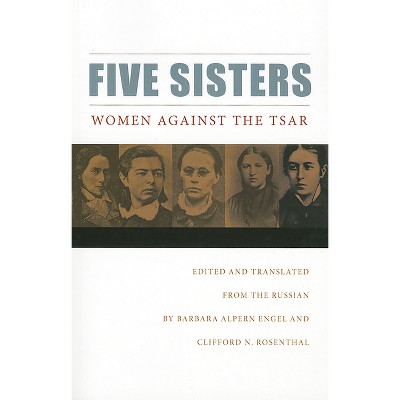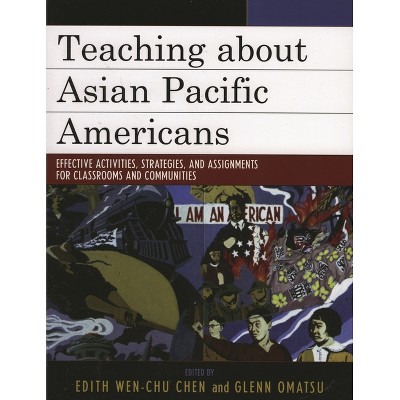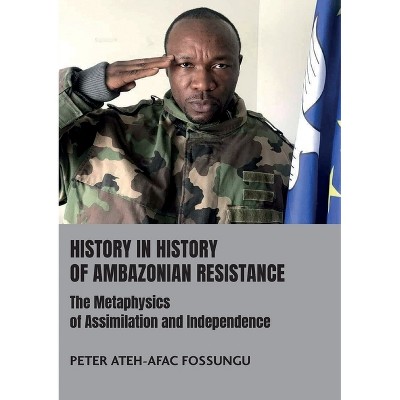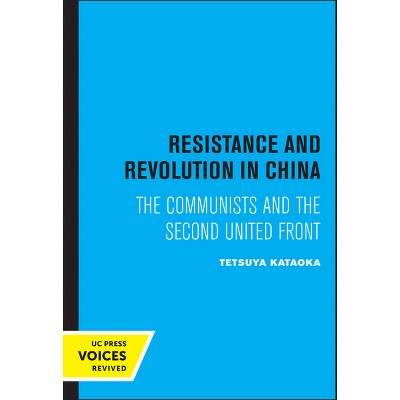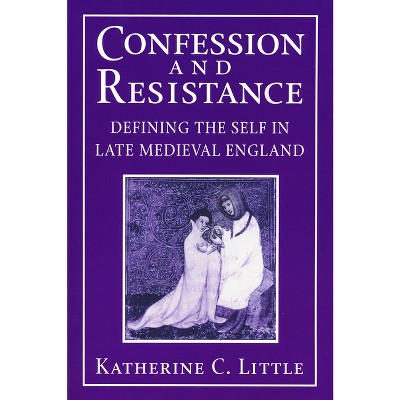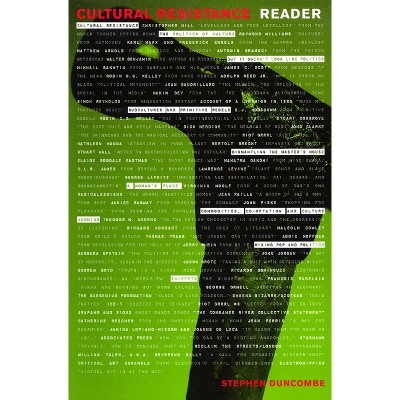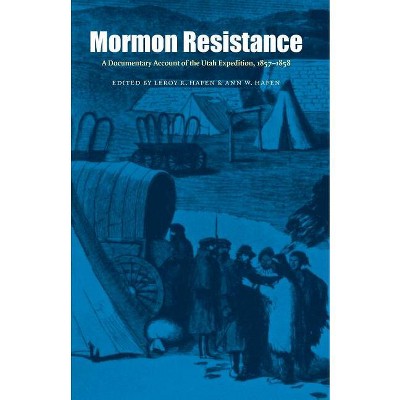Sponsored

Respectability and Resistance - by David Goodhew (Hardcover)
In Stock
Sponsored
About this item
Highlights
- Respectability and Resistance is the first major history of the black township of Sophiatown in western Johannesburg.
- About the Author: David Goodhew is an Anglican parish priest in York, England.
- 224 Pages
- History, Africa
Description
About the Book
Respectability and Resistance is the first major history of the black township of Sophiatown in western Johannesburg. Sophiatown, together with the neighboring townships of Newclare and Western Native Township, formed the center of black South African urban culture and politics in the 1940s and 1950s. Using a wealth of sources including oral history and much previously unknown archival material, Goodhew provides a detailed portrait of Sophiatown life. The widow turning to illegal liquor production to get her children a good education, the gang of miners who made common cause with the white police, the Communist Party's rather puritanical views on pleasure, and a nativity play satirizing state policy - these are just a few of the diverse strands of life that teemed through Sophiatown.
With a social fabric always liable to fragment, the people of Sophiatown found a fragile unity through a culture of working class respectability. This, in turn, crucially fueled resistance to the state. Although respectability was undermined by state repression and popular militancy, it remains of significance. Goodhew's book joins the ranks of classic books on the working class in the tradition of E. P. Thompson. As such, Respectability and Resistance will be of interest to all labor and social historians.
Book Synopsis
Respectability and Resistance is the first major history of the black township of Sophiatown in western Johannesburg. Sophiatown, together with the neighboring townships of Newclare and Western Native Township, formed the center of black South African urban culture and politics in the 1940s and 1950s. Using a wealth of sources including oral history and much previously unknown archival material, Goodhew provides a detailed portrait of Sophiatown life. The widow turning to illegal liquor production to get her children a good education, the gang of miners who made common cause with the white police, the Communist Party's rather puritanical views on pleasure, and a nativity play satirizing state policy - these are just a few of the diverse strands of life that teemed through Sophiatown.
With a social fabric always liable to fragment, the people of Sophiatown found a fragile unity through a culture of working class respectability. This, in turn, crucially fueled resistance to the state. Although respectability was undermined by state repression and popular militancy, it remains of significance. Goodhew's book joins the ranks of classic books on the working class in the tradition of E. P. Thompson. As such, Respectability and Resistance will be of interest to all labor and social historians.Review Quotes
?[A] highly readable account of political and cultural values in Johannesburg's Western Areas', from the latter's origins to the 1950s....Goodhew has made an important contribution to South African urban history.?-Journal of African History
?[T]his book will be valuable to those who are searching for alternative accounts of the diverse forms of resistance to apartheid in South Africa. Unlike many recent re-creations of the township, Goodhew's book is no hagiography of Sophiatown; it is an absorbing critical study of the penurious conditions of daily life. Even scholars familiar with postapartheid township life will find Goodhew's provocative thesis and rigorous research methods extremely useful.?-African Studies Review
"ÝA¨ highly readable account of political and cultural values in Johannesburg's Western Areas', from the latter's origins to the 1950s....Goodhew has made an important contribution to South African urban history."-Journal of African History
"ÝT¨his book will be valuable to those who are searching for alternative accounts of the diverse forms of resistance to apartheid in South Africa. Unlike many recent re-creations of the township, Goodhew's book is no hagiography of Sophiatown; it is an absorbing critical study of the penurious conditions of daily life. Even scholars familiar with postapartheid township life will find Goodhew's provocative thesis and rigorous research methods extremely useful."-African Studies Review
"[A] highly readable account of political and cultural values in Johannesburg's Western Areas', from the latter's origins to the 1950s....Goodhew has made an important contribution to South African urban history."-Journal of African History
"[T]his book will be valuable to those who are searching for alternative accounts of the diverse forms of resistance to apartheid in South Africa. Unlike many recent re-creations of the township, Goodhew's book is no hagiography of Sophiatown; it is an absorbing critical study of the penurious conditions of daily life. Even scholars familiar with postapartheid township life will find Goodhew's provocative thesis and rigorous research methods extremely useful."-African Studies Review
About the Author
David Goodhew is an Anglican parish priest in York, England. He has studied at universities in Durham, Oxford, and Johannesburg. His research has centred on the history of modern South Africa and modern British Christianity. Goodhew has worked in diverse locations, including a nightshelter for the homeless and a Cambridge college.Shipping details
Return details
Frequently bought together

Trending Non-Fiction





